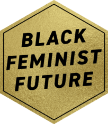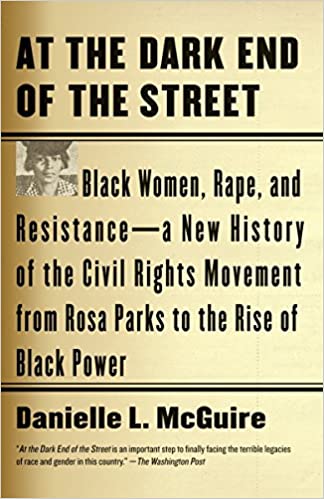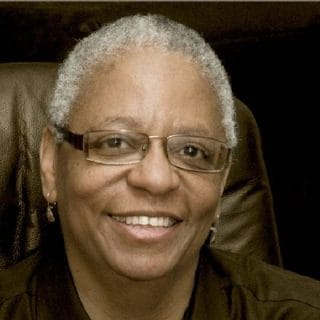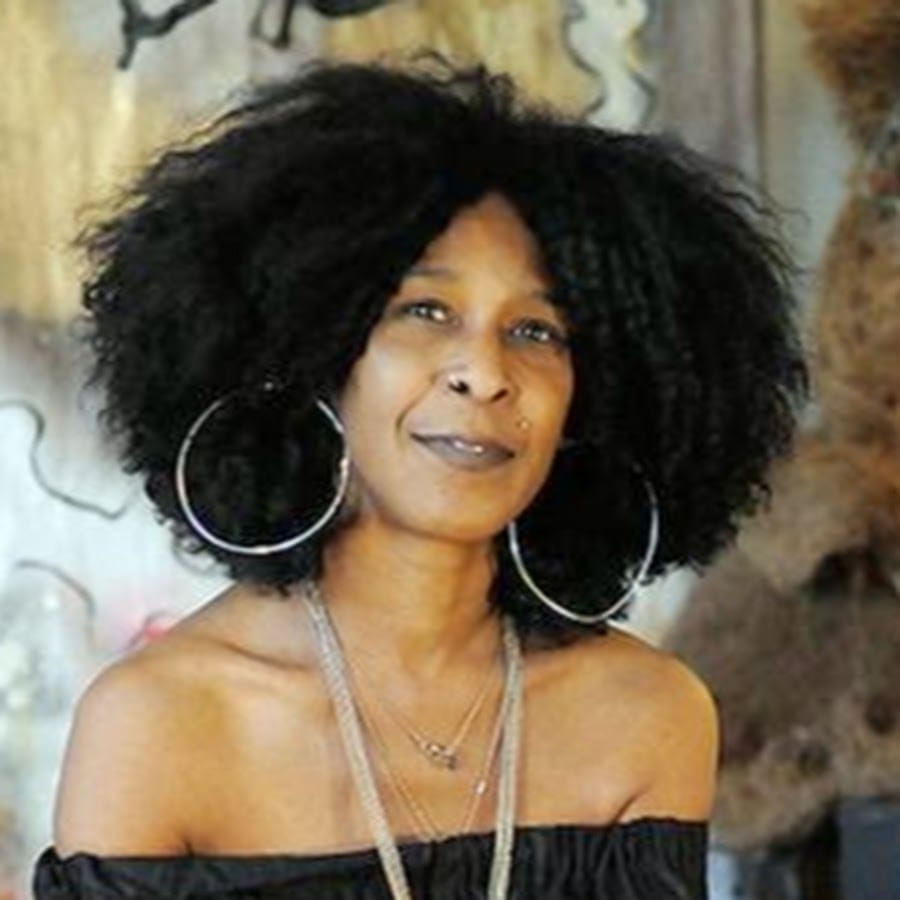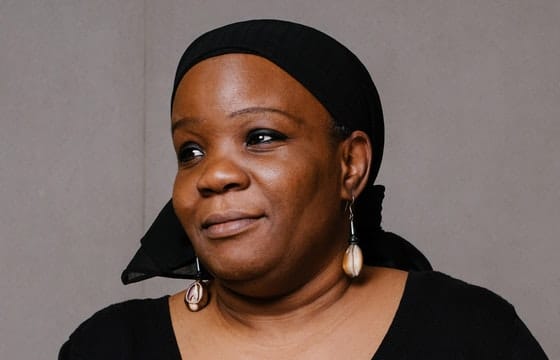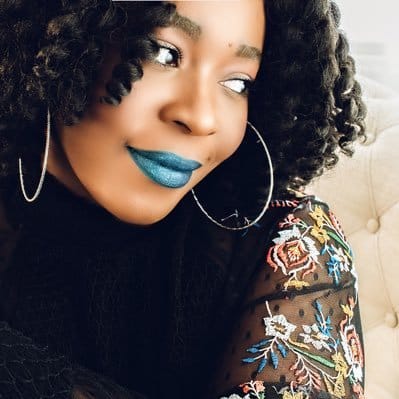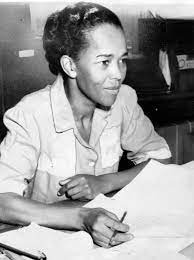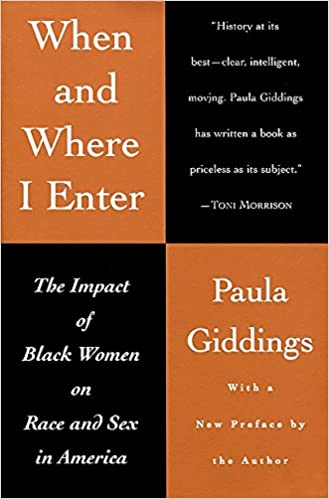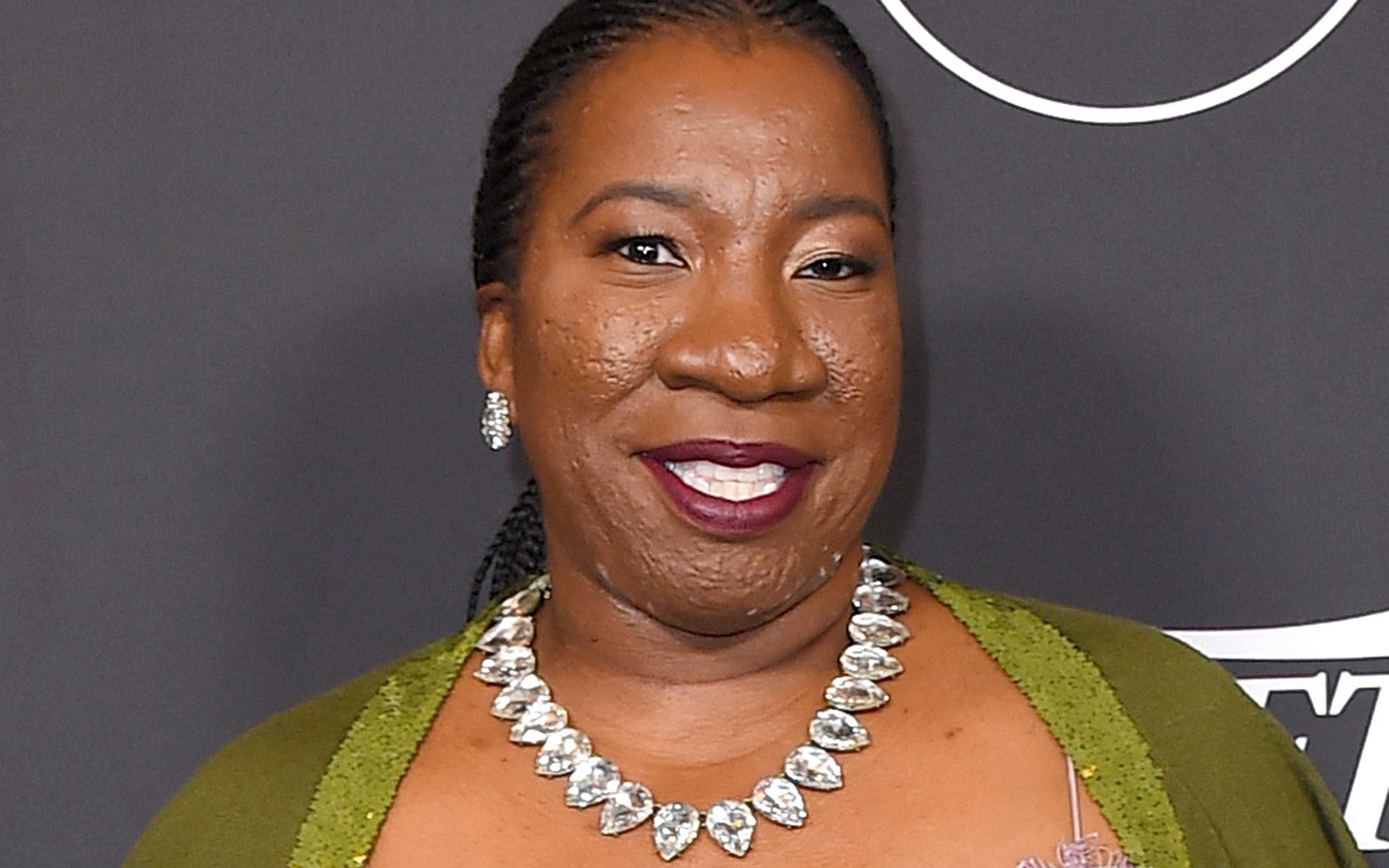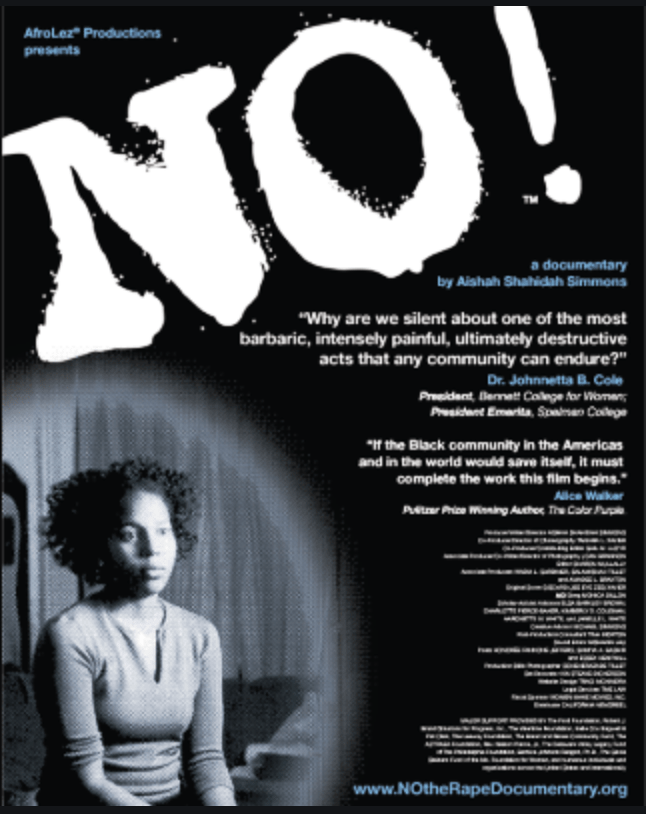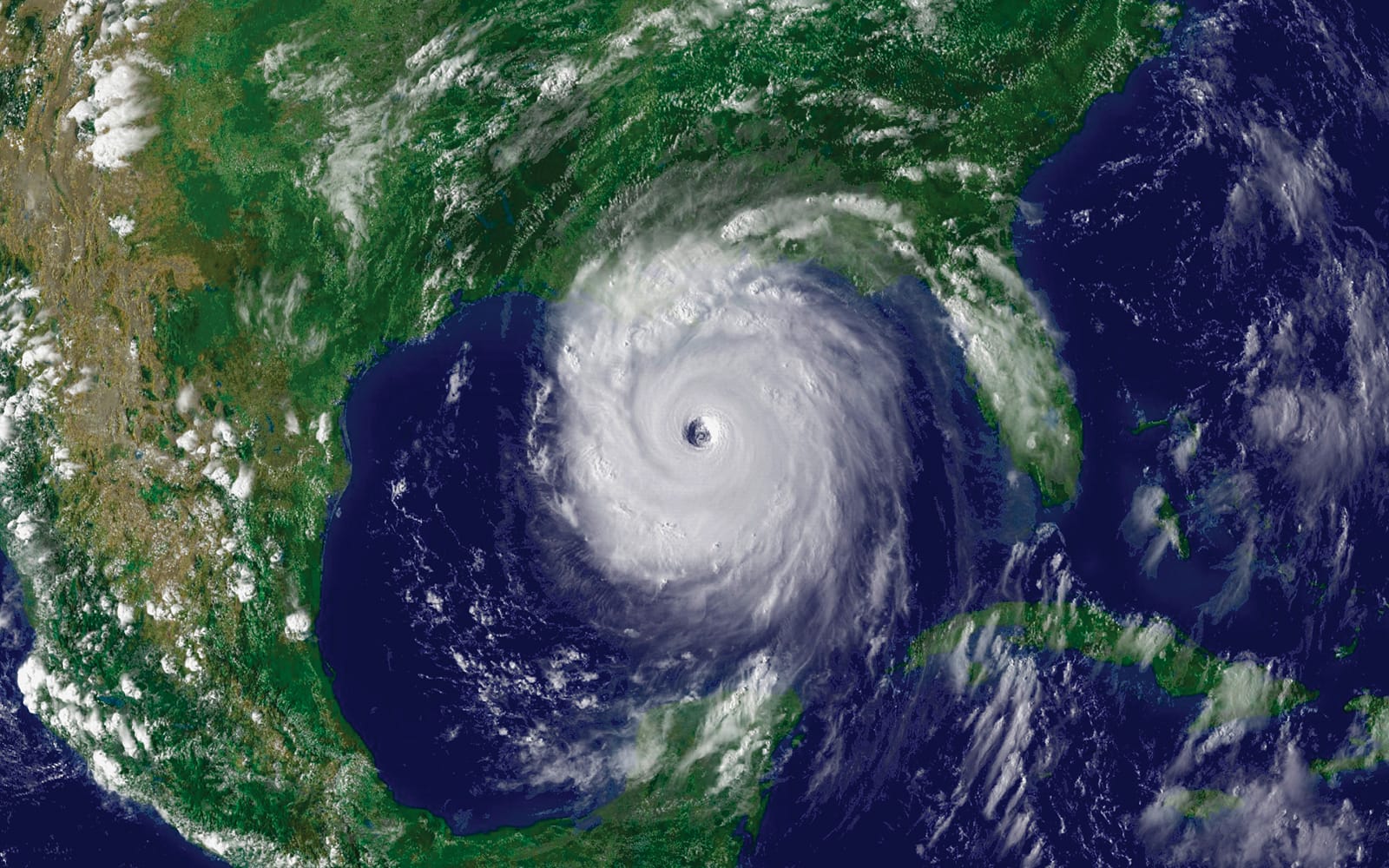Danielle L. McGuire’s book, At the Dark End of the Street: Black Women, Rape, and Resistance—A New History of the Civil Rights Movement from Rosa Parks to the Rise of Black Power (2011), centers the stories of Rosa Parks and Recy Taylor. In this text, McGuire details the sexual violence that Black women experienced throughout the civil-rights movement.
Author: developer
E. Frances White
E. Frances White is a historian, author, and academic serving as Professor Emerita of History and Black Studies at NYU’s Gallatin School of Individualized Study. Her teaching and research interests include the history of Africa and its diaspora, history of gender and sexuality, and critical race theory. Her books include Sierra Leone’s Settler Women Traders, Women in Sub-Saharan Africa, and Dark Continent of Our Bodies. She is well-known for writing about sexism in Black nationalisms that romanticize African patriarchal traditions.
Kai Lumumba Barrow
Kai Lumumba Barrow is a queer Black feminist, visual and performance artist, and the founder of Gallery of the Streets in New Orleans. For over 35 years, her work has been grounded in efforts to end structural oppression and state violence. Her work intersects theories and practices that transgress the borders of the arts, academic, and organizing worlds. She is also a co-founder of Critical Resistance and currently serves on their Community Advisory Board.
Mariame Kaba
Mariame Kaba is an organizer, educator, and curator. Her work focuses on ending violence, dismantling the prison industrial complex, advocating for transformative justice, and supporting youth leadership development. She is the founder and director of Project NIA and has co-founded multiple organizations and projects, including the Chicago Freedom School, the Chicago Taskforce on Violence against Girls and Young Women, the Chicago Alliance to Free Marissa Alexander, Rogers Park Young Women’s Action Team (YWAT), and We Charge Genocide.
Misogynoir
In 2008, Moya Bailey and Trudy, also known as @thetrudz, played significant roles in the creation of the term misogynoir, which refers to “the anti-Black racist misogyny that Black women experience.”
Ella’s Daughters
In the humanist democratic radical tradition of Ella Josephine Baker, Ella’s Daughters seeks to establish a network of women poised to create and lead a sustained movement with a multi-issue focus in the 21st century. Ella’s Daughters publicizes progressive organizations, creates awareness on Ella Baker’s legacy, convenes activists, and facilitates a variety of art and social justice–themed projects.
When and Where I Enter, by Paula Giddings
In the 2007 book When and Where I Enter: The Impact of Black Women on Race and Sex in America, Paula Giddings pays homage to the contributions of Black women, both individually and collectively, to the fight for racial justice and women’s rights.
Me Too
The ‘me too.’ movement was founded by survivor and activist Tarana Burke in 2006. The movement focuses on providing resources and support for survivors while also training advocates to interrupt sexual violence. In 2017, the hashtag #MeToo went viral, and the local grassroots movement became a global movement to center survivors and hold perpetrators of sexual violence accountable for their actions.
NO, by Aishah Shahidah Simmons
NO! The Rape Documentary is the groundbreaking 2006-released, Ford Foundation–funded film about intra-racial rape, accountability, and healing in Black communities. Produced, written, and directed over a period of 12 years by survivor of child sexual abuse and adult rape, Aishah Shahidah Simmons, this internationally acclaimed, award-winning film explores how rape is weaponized by homophobic sentiments.
Hurricane Katrina
On August 25, 2005, Hurricane Katrina made landfall in Louisiana and resulted in the death of approximately 1,800 people. Due to the death rate and the magnitude of destruction, Katrina is referred to as one of the worst storms in U.S. history. Katrina, which disproportionately impacted low-income Black communities, shed light on how negligent and unresponsive the government is to issues that impact our lives.
